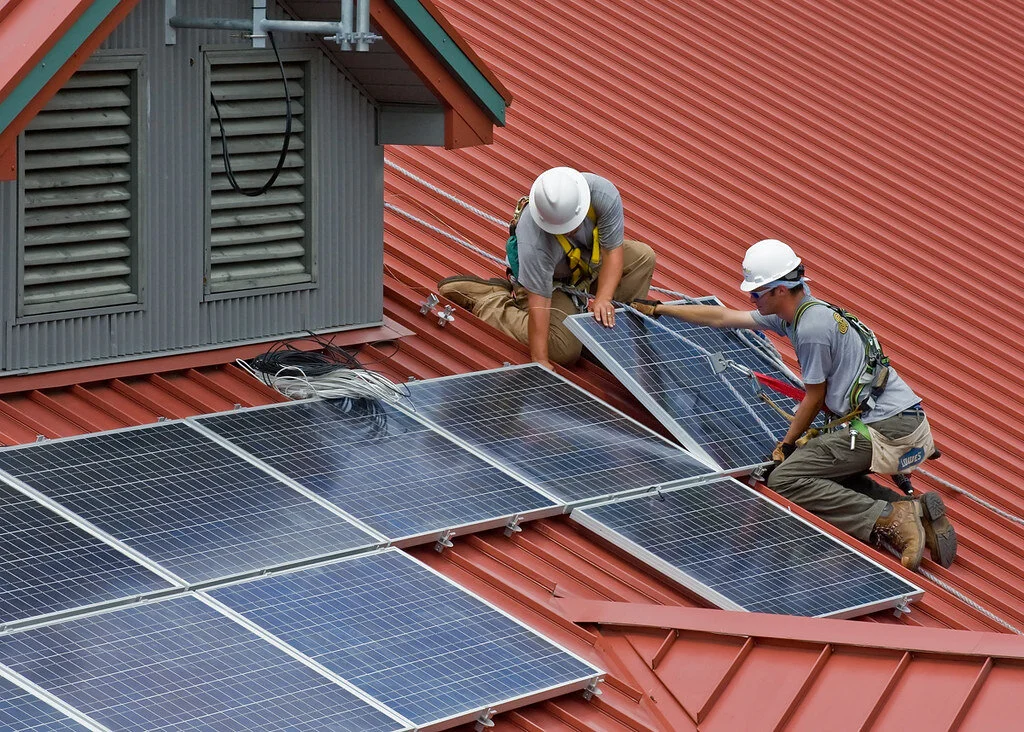BY KATRIEL MARKS
Katriel Marks is a second-year MA student concentrating in International Development, specializing in Emerging Markets and minoring in Energy, Resources, and the Environment. She graduated from Purdue University in Agricultural Economics in 2020. After working in plant genetics in China and the United States, she pivoted towards agricultural policy, economics, and finance.
Perspectives: Where did you intern this summer?
KM: I interned with the South African Reserve Bank (SARB) in their Economic Research Department.
Perspectives: How did you find this internship, and what was the hiring process?
KM: I found my internship through the SAIS Europe Resume Book. I submitted a cover letter and the SAIS-formatted resume, and later completed an interview with the organization.
Perspectives: What were your primary responsibilities? Please describe the projects you worked on.
KM: My role was to analyze how the SARB might start involving green finance in its operations. I began by learning the specificities of the SARB’s balance sheet and operations, then looked into the South African market for green bonds, and finally wrote an economic note with suggestions for how the SARB might begin to involve climate concerns in its work and encourage the growth of the green finance sector within South Africa.
Perspectives: Was there previous coursework or work experience that you found especially useful during the internship or the application process?
KM: My background in agricultural economics was helpful for this internship. During undergraduate studies, I had taken numerous courses on environmental economics and development economics, which gave me a foundation upon which to build my knowledge of green finance. I also took Corporate Finance at SAIS Europe, which turned out to be quite helpful.
Perspectives: What were some of your key takeaways from this internship for your academic and professional interests?
KM: My background is mostly in food security, but I was led to central banking because of the role financial instability played during the 2008 Global Food Crisis. I wanted to see what sorts of roles central banking could have in maintaining food security. Climate risks are, of course, also very important for food security. I went into my internship very excited about the possibility to research ways to improve economic stability, climatic sustainability, and food security. While forming suggestions, I noticed that the implementation of potential solutions would be very difficult because of the coordination required between various actors and conflicts between short-term and long-term objectives. Despite these issues, I am hopeful that in the long-term, central bank involvement in green finance will increase.
Personally, I noticed that I missed working directly in the agricultural space. While I could clearly understand the importance of central banking to food security, I wasn’t able to use my background and more unique skills to their fullest. This realization was potentially one of the best outcomes of my internship – I had been considering working in central banking for quite a while, and now I know that I personally enjoy other sectors more. Often times, especially during graduate school, venturing into new fields and understanding which you enjoy or which you prefer is more important than finding the ‘dream job’. That alone will help guide my post-grad job search immensely.
Perspectives: What should future SAIS students interested in this internship know?
KM: Prior knowledge in economics and finance were very important for this internship, as was having a clear idea of why I was interested in central banking. I would advise students interested in this internship to be aware of the need for significant economics coursework, but also to remember to bring their background and their passions to the selection process. Sometimes, skills that might not seem directly related to central banking (like agriculture, in my case) can be what sets you apart as a candidate.
PHOTO CREDIT: "Wayne National Forest Solar Panel Construction" by Wayne National Forest is licensed under CC BY 2.0

